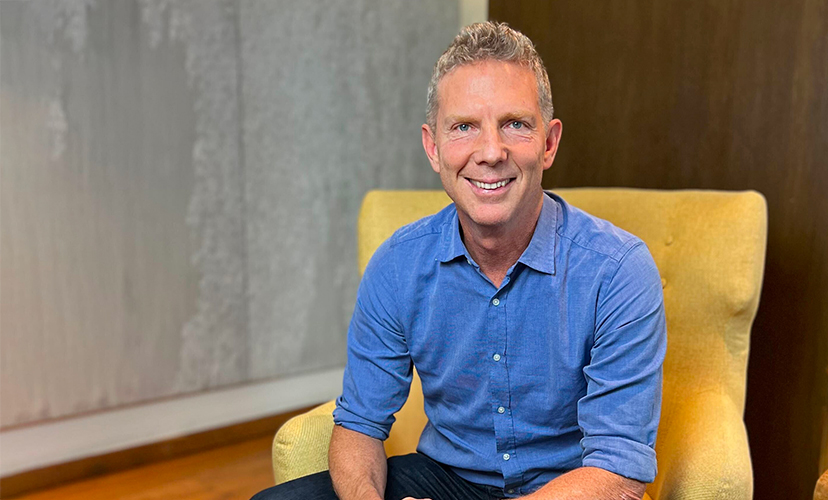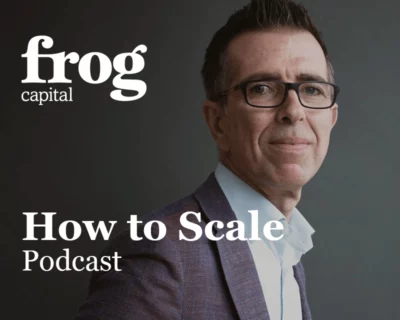You can really feel an unhealthy organisation when you’re in it; uncomfortable politics, lack of clear decision making, weird meetings, low morale, a certain disconnectedness, potentially good people being very ineffective and usually high turnover. Not pleasant.
Lencioni’s core premise is that an exceedingly healthy organisation will outperform a more intelligent, better funded but unhealthy one. So if you’re curious whether your team scores 8, 9 or 10 for team performance, read on.
I loved the book. Lencioni’s willing to layout what he sees as a clear set of benchmarks to measure oneself against. You may not agree with all of them, but they immediately challenge you with some key basics, like “do your senior management team members really trust each other, and if not, how can you get them to a better place.”
Ummm…do we really trust each other? You might trust that a colleague will get some thing done on time, but Lencioni is going for a deeper measure. Can you be open about your weaknesses and failures, and trust that your team mates will cover and support you, like you would them? And if you’re not sure, how do you find out, without finding yourself on the wrong side of office politics? Lencioni is convinced that leaders who are open about their vulnerabilities set critical values for the rest of the team to be more natural, play to their strengths and work openly with their team mates to offset their weaknesses.
Taking this trust theme to the next level, Lencioni sees active, constructive conflict within teams as common link to better performance. Business solutions that are fully argued out by a mixture of personality types are better. Full stop. In Lencioni’s opinion, talking with your team about conflict avoidance, conflict intolerance, the conflict continuum or ‘contending’ as we describe it at Frog will take you and your team a major step forward. We regularly use a professional team coach at Frog, and arguably could do so more.
So you’re a trusting team. And you can argue stuff out. And when you commit to something as a team, you genuinely commit (not moan about your colleagues later in the pub). Lencioni’s now onto the Black Belt level of team work. Holding your colleagues accountable. The true nirvana is when you know each other so well that, without long term damage, you can call your colleagues out when they commit to something big, and then come up short. Ironically, in Lencioni’s view, too many CEO’s and team leads are too shy of (professionally) openly holding people to their commitments. By holding back, the CEO is teaching others to hold back as well. Lencioni’s premise; if you truly trust each other AND a genuine commitment has been made, but missed, then a CEO must call it out otherwise the rest of the team is ‘learning’ that commitments are soft.
Lencioni’s latest book is a quick read, and has a range of genuinely good material and frameworks to draw from. Well recommended.
*
Interested in other recommendations? Check out the rest of our teams’ favourites in our Book Club section.












